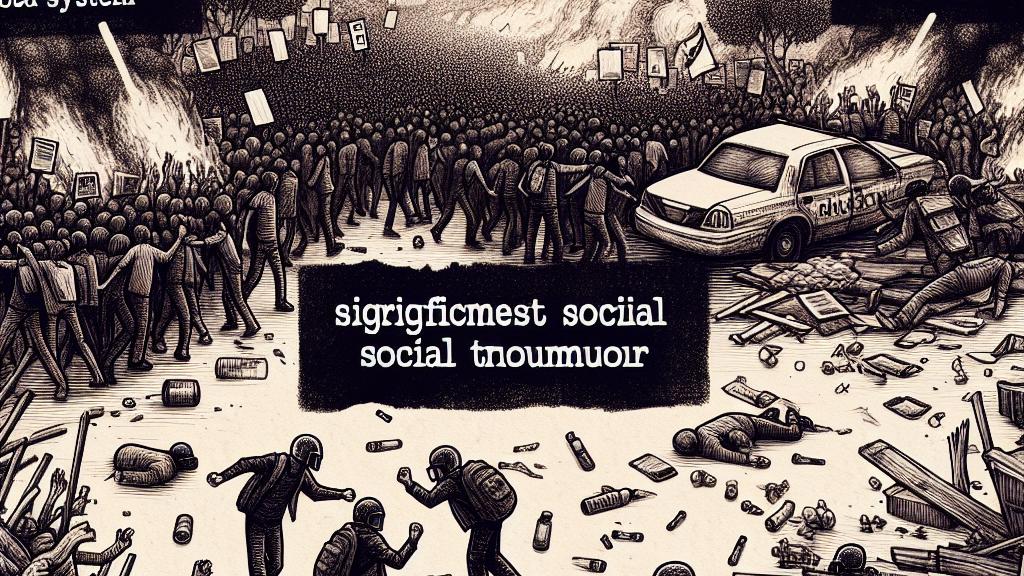Justice in Dhaka: Court Orders Probe Into Former PM Hasina's Alleged Crimes!
Overview
- Bangladesh court investigates former PM Sheikh Hasina for alleged complicity in a grocer's death during protests.
- Student-led protests against job quotas resulted in a deadly crackdown, claiming over 300 lives.
- Amidst rising tensions, Hasina fled to India, leaving a vacuum in leadership as citizens demand accountability.

Overview of the Political and Social Context
Bangladesh is currently undergoing significant turmoil, primarily driven by widespread protests against a contentious job quota system that many perceive as unjust. This system allocates a substantial proportion of government jobs to families connected to historic veterans, creating a formidable barrier for the majority of aspiring candidates. The protests, initiated by students advocating for reform, have spiraled into violent clashes with law enforcement over the past few weeks. The aftermath of these confrontations has been catastrophic, resulting in the reported deaths of over 300 individuals, most of whom were students caught in the crossfire. This situation has ignited broader conversations about governance, human rights, and the necessity for a system that genuinely reflects the will of the Bangladeshi populace.
Judicial Action Against Former Prime Minister
In a groundbreaking judicial development, Dhaka's chief metropolitan magistrate has ordered an investigation into the actions of former Prime Minister Sheikh Hasina concerning the death of grocer Abu Saeed, who was tragically killed during the police's violent response to the protests. This investigation was initiated by Amir Hamza, an ordinary citizen motivated by a profound sense of justice, as Hamza took the extraordinary step of filing this case on behalf of Saeed's family, who were unable to afford legal representation. The court's decision to pursue this case is a watershed moment in Bangladesh's legal history, representing a growing demand among the citizens for accountability and transparency in a political landscape often marred by perceived impunity among elite figures.
The Present Political Climate and Future Prospects
The political landscape in Bangladesh has shifted dramatically in light of recent events. With Hasina fleeing to India, there is uncertainty regarding the future of leadership within the country. The Nobel laureate Muhammad Yunus, now at the helm of an interim government, faces formidable challenges as he seeks to stabilize a nation fractured by conflicting interests and cries for justice. Citizens are increasingly vocal in their demands for not just the resignation of political leaders, but also for comprehensive reforms that address deep-seated issues in governance and societal equity. As the investigation into Hasina's administration unfolds, it holds the potential to reshape Bangladesh's political dialogue and redefine the relationship between the government and its citizens. The aspiration for a government that prioritizes transparency, accountability, and human rights has taken center stage in the national consciousness, illuminating a path forward in a country striving for meaningful change.

Loading...